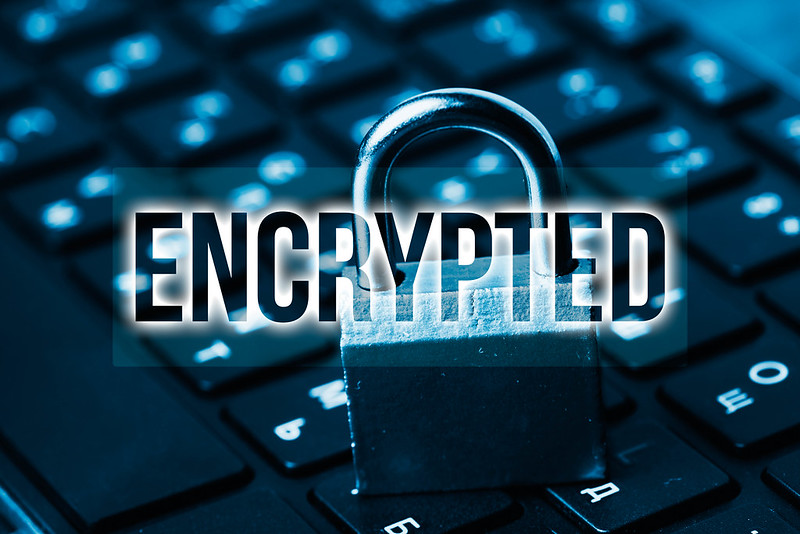
Data Privacy Still A Neglected Digital Right in Africa
In recent years, the threats to data privacy have evolved at a quicker pace than the development of regulatory frameworks dedicated to safeguarding the right to

In recent years, the threats to data privacy have evolved at a quicker pace than the development of regulatory frameworks dedicated to safeguarding the right to
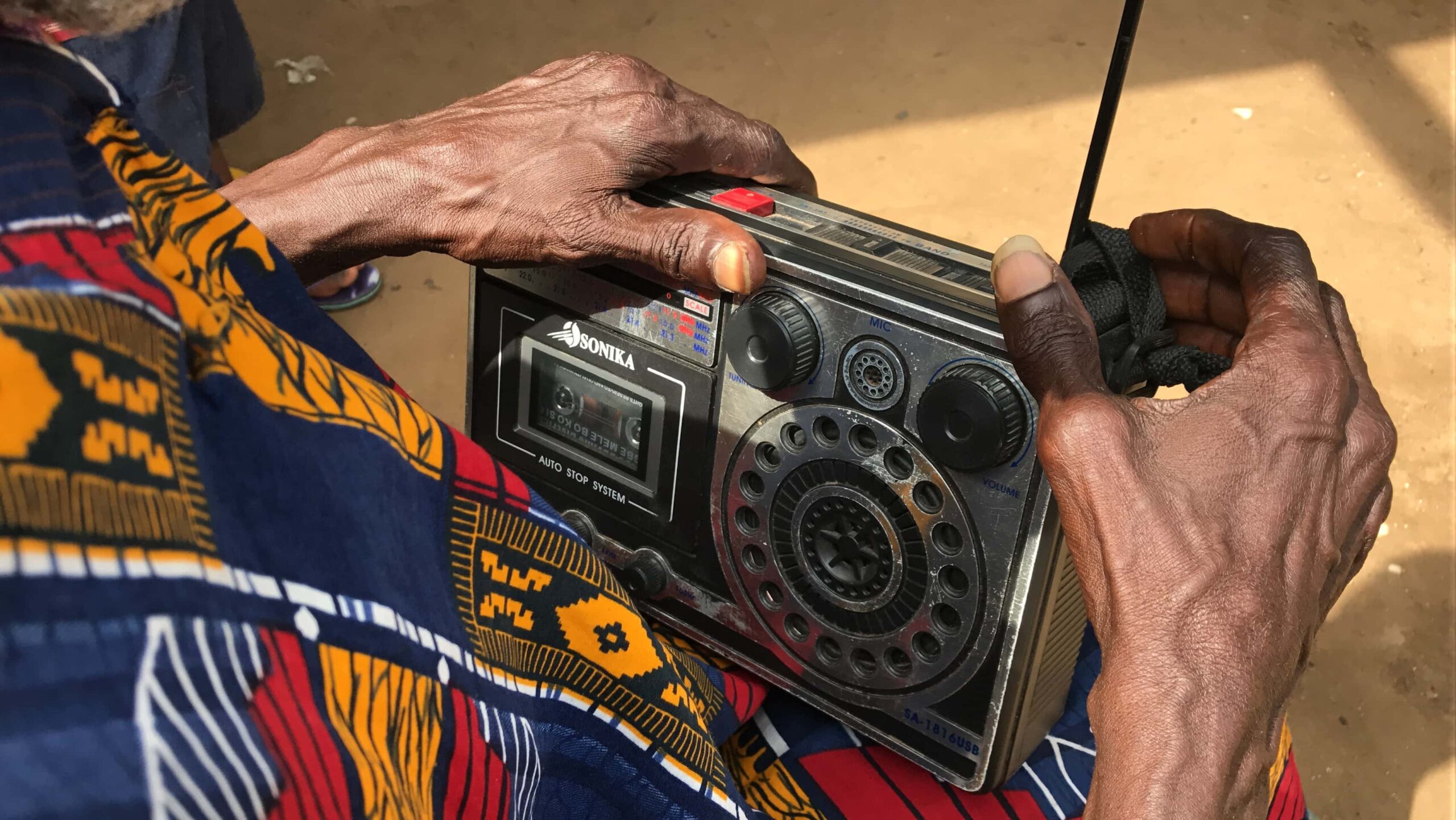
Within the context of the current COVID-19 pandemic, the World Health Organization (WHO) has been using social listening to understand narratives and gauge public opinion.
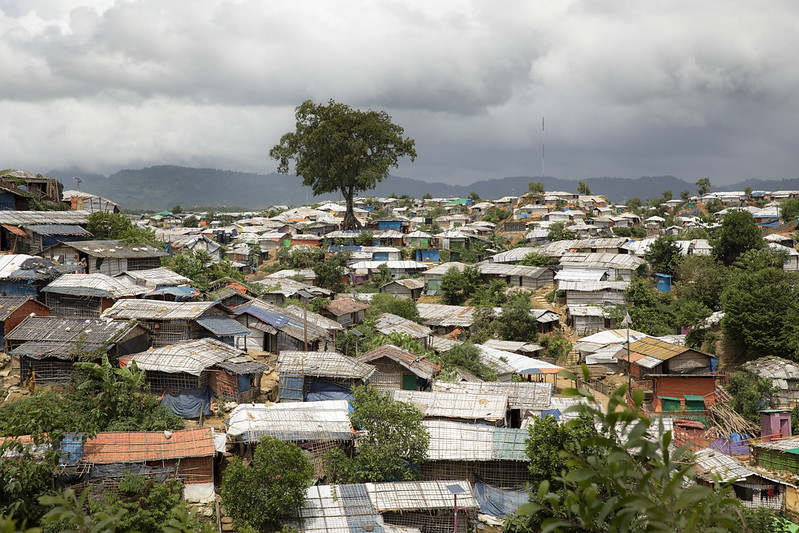
Researchers analysed a number of operational interventions by modelling the interactions of over 900,000 Rohingya refugees and found that mask wearing is highly effective to slow the spread of COVID-19.
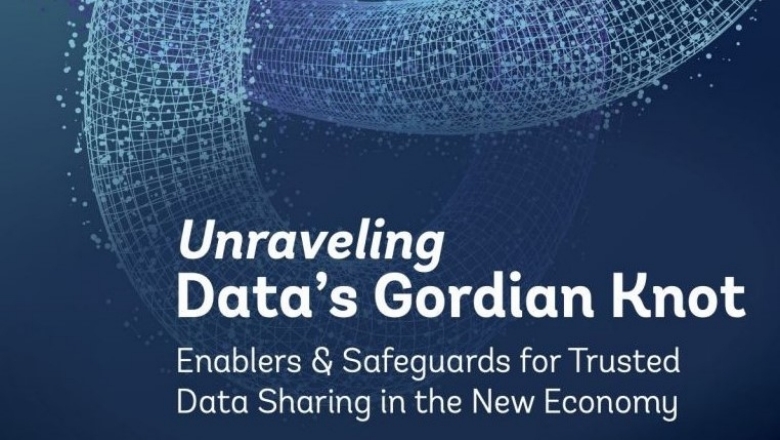
Unlocking the value of data for reuse need not be at odds with individual rights, data sharing can uphold data protections and enhance individual agency and trust.
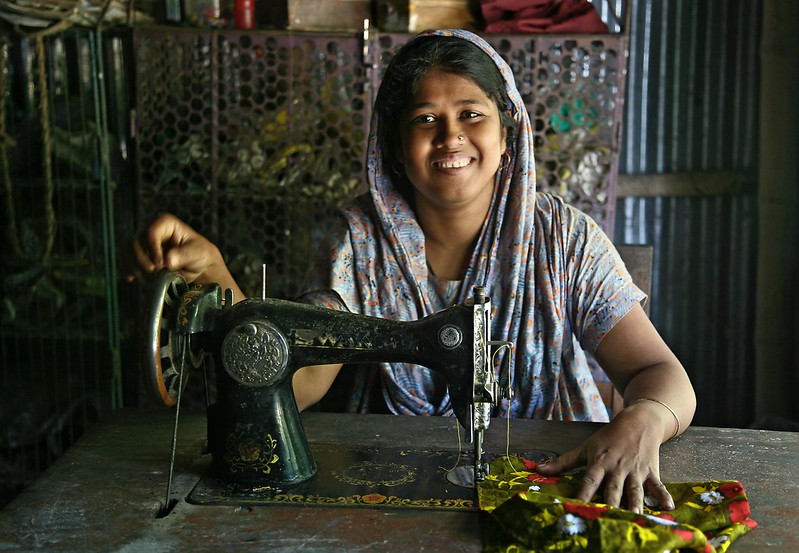
From USAID to the Bill & Melinda Gates Foundation and the United Nations, digital development programs are proliferating. While some initiatives are quite useful, in some cases, they are actively harmful.
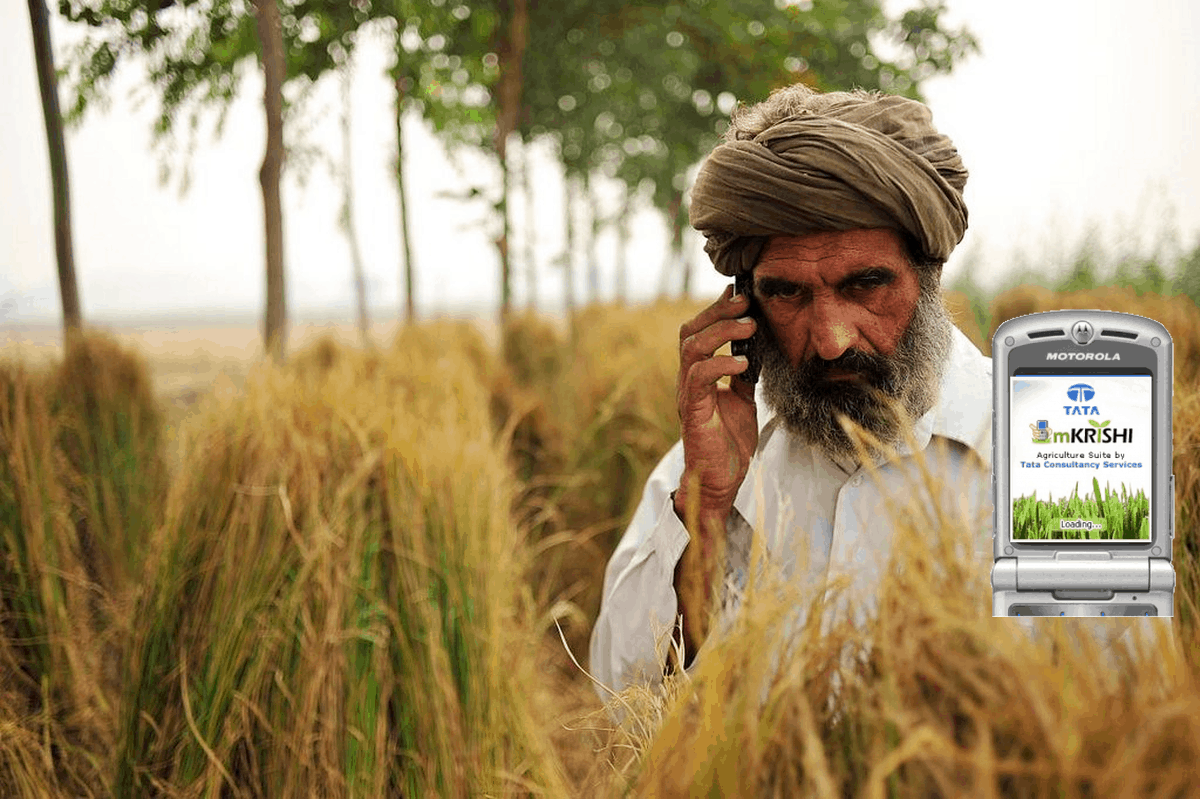
The recent developments in the field of HCI and ICTD have given rise to a multitude of opportunities in the different segments of rural and urban societies.
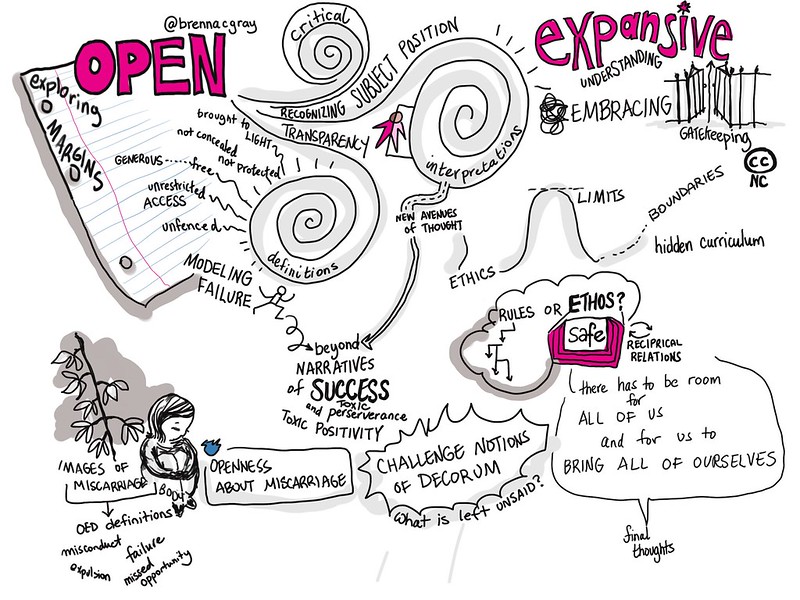
Many ICT4D initiatives of last 20 years have repeated mistakes of their predecessors. Most have failed to make real and significant improvements in the lives of the world’s poorest and most marginalised people.
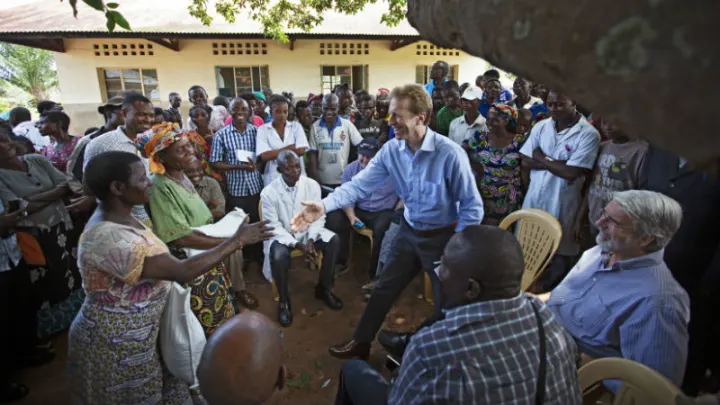
As ICT4D increasingly becomes a part of demand-driven solutions for local and global challenges — often with a particular focus on reaching the most marginalized and low-resource communities — how can traditional NGOs ensure they are engaging with it in the right way?
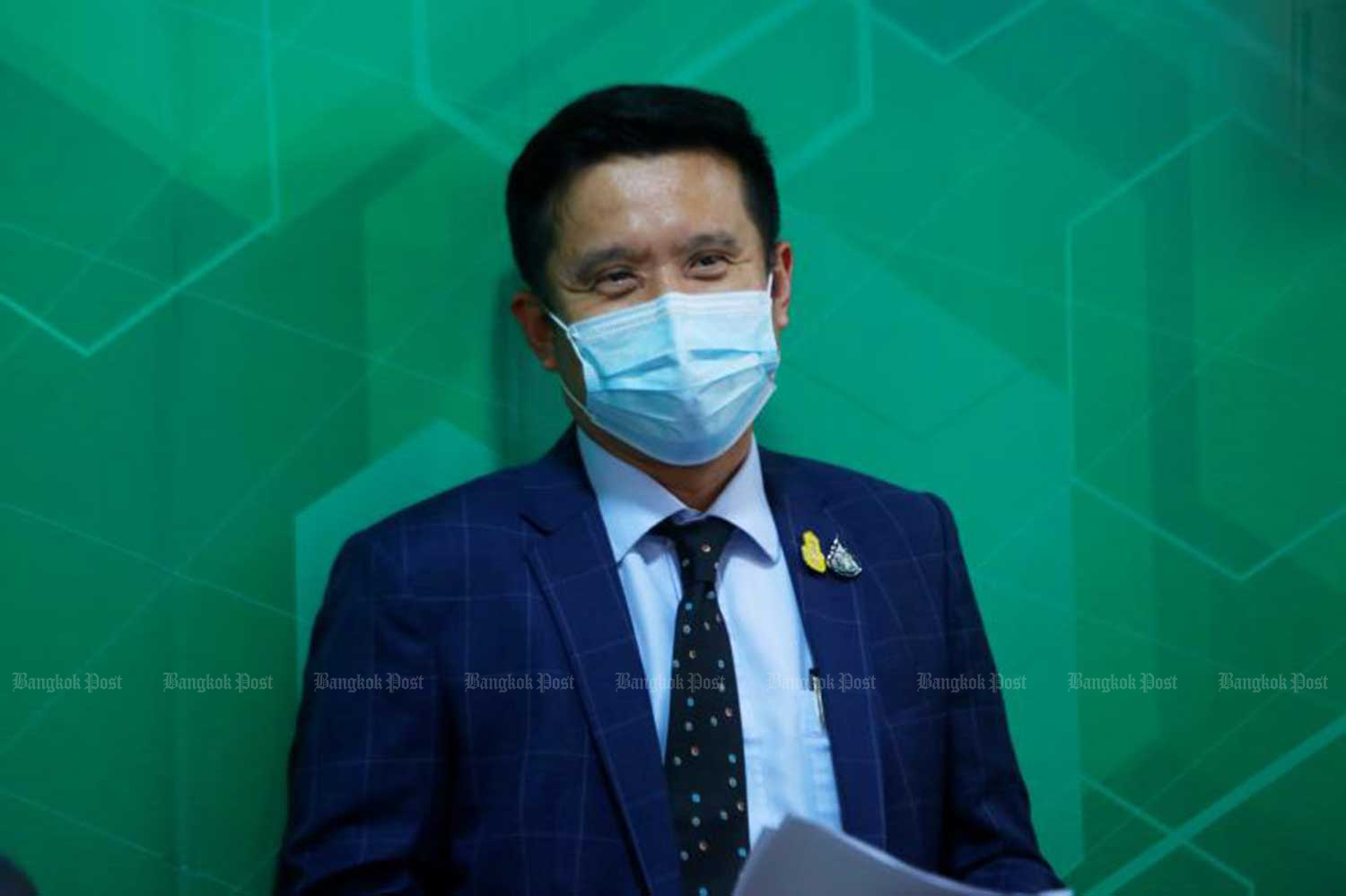
Some 2.5 billion baht will be set aside for digital development projects subject to be financed by the Digital Economy and Society Development Fund (DE Fund) in fiscal 2022 in Thailand.
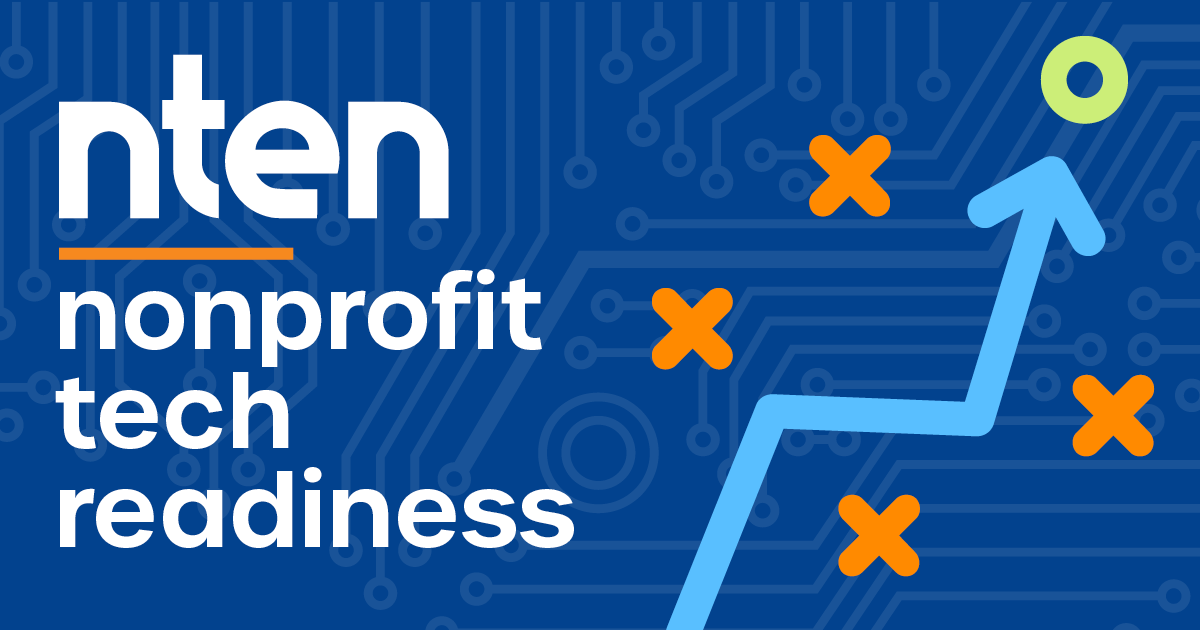
Nonprofit Tech Readiness (NTR) for Data Empowerment is a six-month cohort program for nonprofit professionals interested in using data more effectively and equitably as an organization.
In recent years, the threats to data privacy have evolved at a quicker pace than the development of regulatory frameworks dedicated to safeguarding the right to
Within the context of the current COVID-19 pandemic, the World Health Organization (WHO) has been using social listening to understand narratives and gauge public opinion.
Researchers analysed a number of operational interventions by modelling the interactions of over 900,000 Rohingya refugees and found that mask wearing is highly effective to slow the spread of COVID-19.
Unlocking the value of data for reuse need not be at odds with individual rights, data sharing can uphold data protections and enhance individual agency and trust.
From USAID to the Bill & Melinda Gates Foundation and the United Nations, digital development programs are proliferating. While some initiatives are quite useful, in some cases, they are actively harmful.